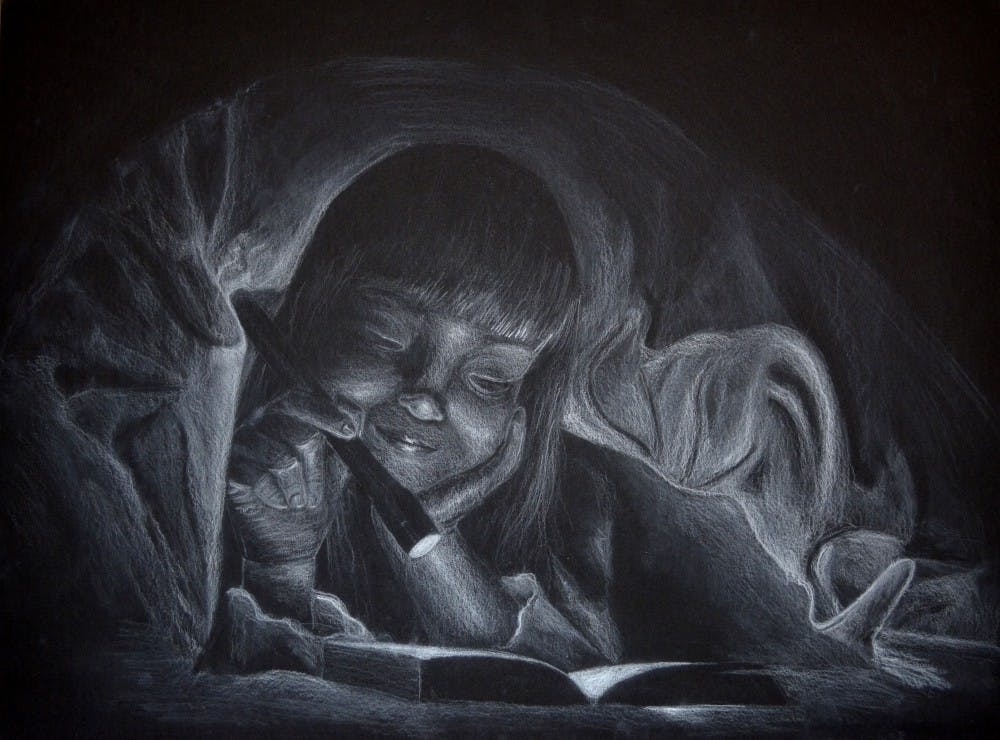Cigar smoke–filled speakeasies, feathered flappers, bathtub gin; delusions, drunken fights, stolen affections. Zelda Fitzgerald’s life was split, in more ways than one. It’s easy to give blunt labels to any historical figure, but especially to someone as infamous as the wife of F. Scott Fitzgerald. Zelda has been remembered in history as the lunatic wife, a common label given to unruly women. But Z: A Novel of Zelda Fitzgerald by Therese Anne Fowler presents another unheard side of Zelda. This Zelda was adventurous. She was loving. She was jealous. She was human.
But that wasn’t the way F. Scott portrayed her. In his writing, Zelda is depicted as the jealous wife who ruined the great F. Scott Fitzgerald’s life. She had an affair, she was ambitious, and she ate up all of the great writer’s time. She was just a crazy wife, so much so that she was committed to an asylum where she spent the rest of her days.
In Z, though, Fowler introduces a woman who is the epitome of flapper culture. Here, Zelda tells her own story, drawing on personal experience and letters exchanged with family and friends. She is fiercely independent, taking up passions and forging a path in the midst of a patriarchal culture—a culture that demanded a good woman to be a good wife who sat idly by a strong, successful husband. But the push of a jealous husband with societal backing can trigger an inevitable breakdown. Clearly a novel about a flapper has strong feminist themes, but these can at times feel heavy–handed and clumsy when done so blatantly. It would have been more realistic if Zelda were a suffragette instead of a nineteen–year–old girl heralding abortion and birth control.
Fowler shows lavishness, drama, and desire in a way that feels as if Zelda is recounting the story to me, as if I’ve stolen her diary and had every intimate detail of her life divulged to me. Taking this into account, this fictional narrative does have a huge bias. But it’s a bias that manages to make the story seem more real—no one would paint themselves as the villain.
Z humanizes many of the writers that have shaped America so profoundly, but it also stresses the interconnectedness of this literary network that writes about the excesses and disillusions of the Jazz Age. Without Zelda, Scott wouldn’t have been able to write a convincing flapper character or been named in the tabloids. He would never have been able to help Hemingway rise to fame. Without Zelda, many would not have “a colossal vitality for hope, a romantic readiness.” And yet, this novel left me feeling a close kinship with even those that wronged Zelda, a determination to create my own future, and a disillusionment with the world and a certain man who could articulate the human spirit so eloquently, but was forever trapped as a “boat against the current, borne back ceaselessly into the past.”

